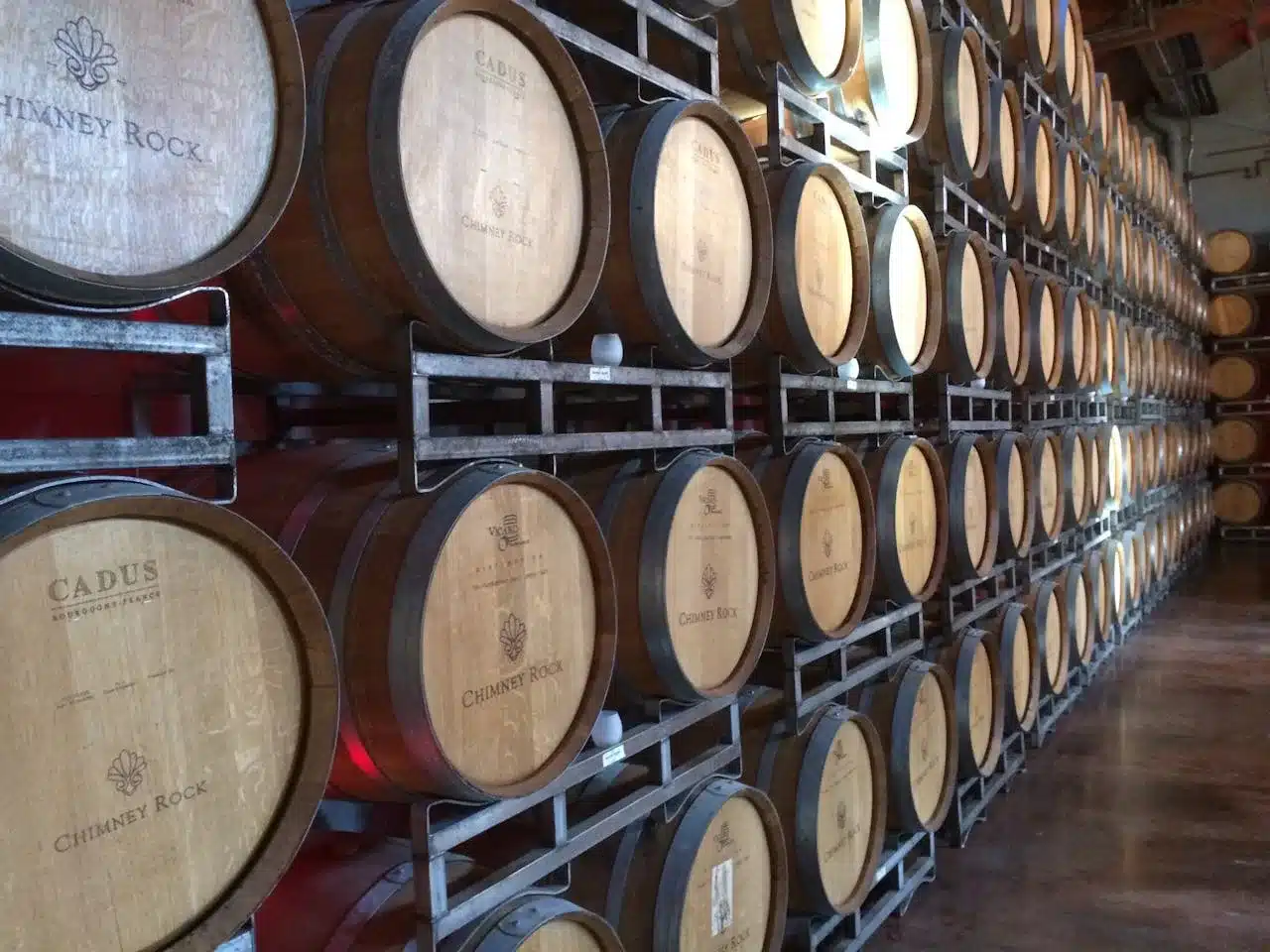Learn to make different types of wine, assess and analyze wine quality, investigate the chemistry and microorganisms involved in wine processing, and oversee the entire winemaking process.
Develop and expand your appreciation for professional winemaking. This in-depth winemaking course will help you expand your knowledge of the winemaking process. The combination of theory and your own experiences gained from this course will equip you to enter the winemaking industry or simply to indulge your passion for wine.
You might also want to consider, combining Oenology-Winemaking course with the following: Viticulture, Science, Horticulture, Tourism and Business skills.
You will Learn:
- Discuss the scope of winemaking and the set of characteristics.
- Recognize the scientific processes of fermentation and simple control factors.
- Investigate the practical tasks and required equipment needed for making wine.
- Explain how yeasts and other flavor affecting factors can be managed to impact the final wine product.
- Comprehend the scope of different wine types arising from various grape varieties and learn how they are classified.
- Explain wine sensory science and how consumers interact with wines.
- Explain unique processes used to make white and sparkling wines.
- Investigate unique processes used to make red and rosé wines.
- Explain how to make fortified wines and spirits.
- Understand the importance of correct storage and how it prevent spoilage and enhances maturity.
Detailed Course Outline
This course is made up a number of lessons or units. Each of these has self assessment questions, a set task (practical homework) and an assignment which you can upload online.
There are 10 lessons in this course:
1. Scope and Nature of Oenology
-
- Introduction
- Global Wine Production
- Global Wine Consumption
- What Is Involved in Winemaking
- Wine Making Terminology
- Testing, Tasting and Monitoring
- What Can Go Wrong In Winemaking
- Alcohol And Health
2. Fermentation Science
-
- Fermentation
- Carbohydrates
- Microbiology
- Enzymes
- Quality control
- Malolactic fermentation
- Secondary fermentation
3. The Winemaking Process
-
- Outline of the winemaking process
- Clarification and Stabilization
- Preservation
- Methods to determine sugar and Sulfur dioxide levels
4. Factors affecting Grape Characteristics
-
- Fruit characteristics affecting wine
- Fermentation preparation
- Effects of yeasts in winemaking
- Managing yeasts
- Methods to determine alcohol content, chemical and microbial stability
- Determine pH
- Inoculum of yeast
5. Wine Classification
-
- Types of wines
- Selecting wine grapes
- Varieties
6. Sensory Science & Evaluation
-
- Wine sensory science
- Determine consumer preference
- Types of senses
- Wine evaluation
- Wine food interaction
7. Production of White Wine and Sparkling Wines
-
- Harvesting Grapes
- Crushing the Grapes
- Managing the Must
- Sparkling Wines
- The Champenois Method
8. Production of Red Wines and Rosé Wines
-
- Harvesting and Crushing for Reds
- Fermentation
- Extracting Colour
- Thermovinification
- Getting a Wood Flavour
9. Production of Spirits
-
- Introduction to Distillation
- Classification of Spirits
- Spirit Groups
- Liquors and Liquor Groups
- Aperitifs
- Sherry and Types of Sherry
- Vermouth
- Port and Types of Port
10. Storage and Aging of Wines
-
- Different Storage Methods
- Maturation
- Causes of Spoilage
When you have completed the lessons of your Certificate course, you will be given the option of taking the optional exam. It’s okay if you don’t want the exam, we still issue your Careerline Certificate. For Advanced Certificates however, the exam is compulsory (per module) and are included in the course fee.

